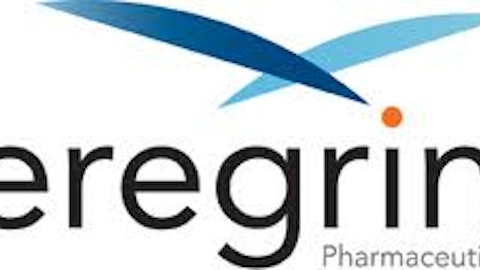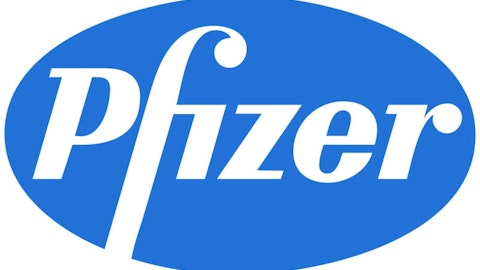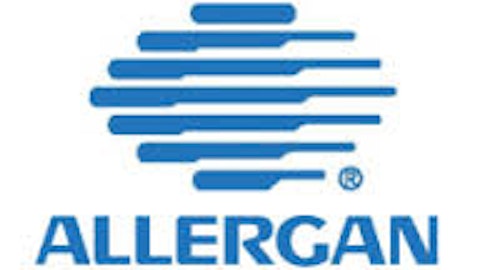5. While MannKind had powered the study in type 2 diabetics to detect change in HbA1c of 0.5 percentage points to show superiority against placebo, that threshold makes some assumptions that didn’t turn out exactly as expected (they rarely do). The way the data unfolded, a change of 0.4 percentage points was sufficient to show statistical significance.
6. In type 1 diabetics, the drop in HbA1c levels for patients taking Afrezza is smaller than for those taking Novolog, but MannKind argues that it’s misleading because HbA1c level is a proxy for the long-term average blood sugar level. If patients are seeing more hypoglycemic events — low blood sugar levels — you’d expect them to have lower HbA1c levels, but that’s not necessarily a good thing since extremely low blood sugar levels are dangerous. It’s a reasonable argument, but it would have more weight if the severe hypoglycemia events was statistically significant (see #3).
7. Don’t listen to patients who post on message boards. Of course, there’s this one guy who loves us, and he was in our trial. There’s nothing to be learned from individual patients. But he still loves us.
8. Officers didn’t sell shares in mid-August, but instead the company withheld shares from their vested shares that are part of the officers’ compensation packages.
Did you learn anything from MannKind’s frequently asked questions?
No. Clearly, all these people asking these questions — assuming that MannKind didn’t just make up the questions like I have — didn’t listen to the conference call after the data was released. Questions 1 through 6 were covered there and 7 and 8 just seem obvious. But then, I don’t usually frequent message boards.
Should biotechs issue frequently asked questions?
It doesn’t seem like a good idea to me. MannKind is basically saying “we didn’t explain our data very well,” which I really don’t think was the case.
More importantly, investors should wonder why it’s necessary to set the record straight? Afrezza will either be approved or not, and the shares will presumably go up if the drug will be approved. Between now and then, the only reason I can think of for the company wanting a higher price is so it can sell more shares.
So, will it be approved?
I think so. Granted, we don’t have all the data, and we only get MannKind’s side of its conversations with the FDA, but so far I haven’t seen any red flags.
To infinity and beyond?
Not so fast. Getting approved is only half the battle. Afrezza is arguably a better insulin than Novolog or Eli Lilly & Co. (NYSE:LLY)‘s Humalog, but competing with the fast-acting insulins won’t be easy. Doctors are comfortable prescribing injected insulin, and it’s going to be hard to get them to convert to a new delivery method. Novo Nordisk A/S (ADR) (NYSE:NVO) and Eli Lilly & Co. (NYSE:LLY) don’t look particularly worried, especially since both companies dropped their respective inhaled insulin programs a few years ago.
I don’t think MannKind can do it alone. The biotech needs a partner, and until MannKind is able to find a big diabetes expert to step up and fund the launch, no amount of frequently asked questions will give investors solace.
The article Rarely Asked Questions About MannKind originally appeared on Fool.com is written by Brian Orelli.
Fool contributor Brian Orelli has no position in any stocks mentioned. The Motley Fool has no position in any of the stocks mentioned.
Copyright © 1995 – 2013 The Motley Fool, LLC. All rights reserved. The Motley Fool has a disclosure policy.




